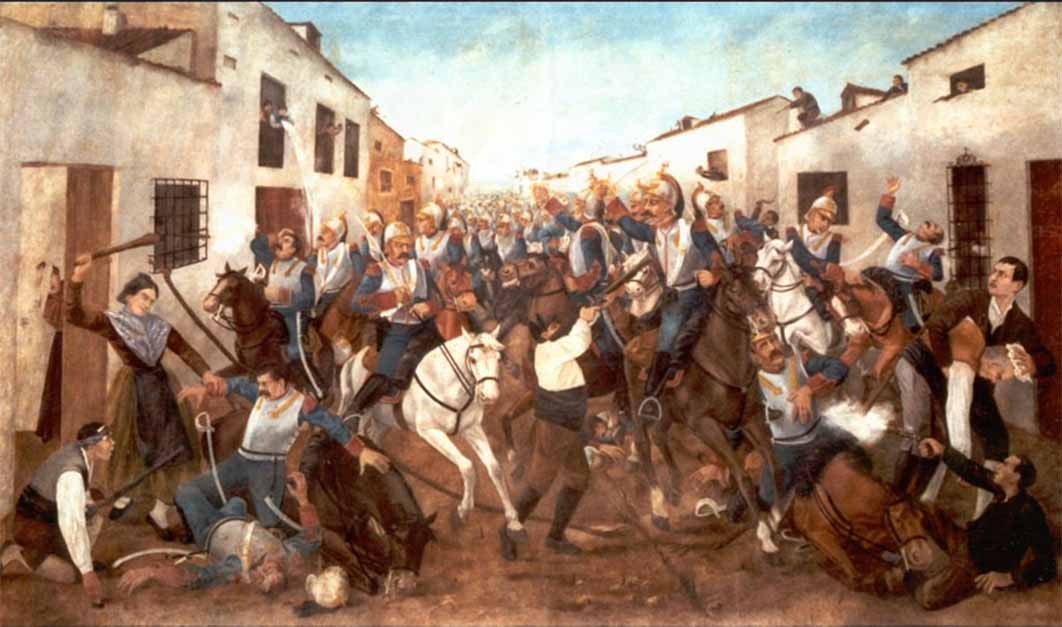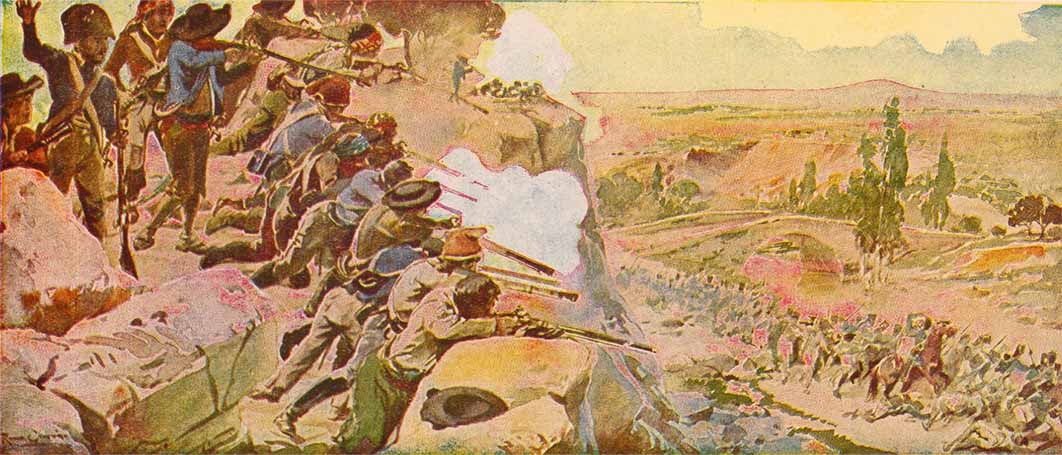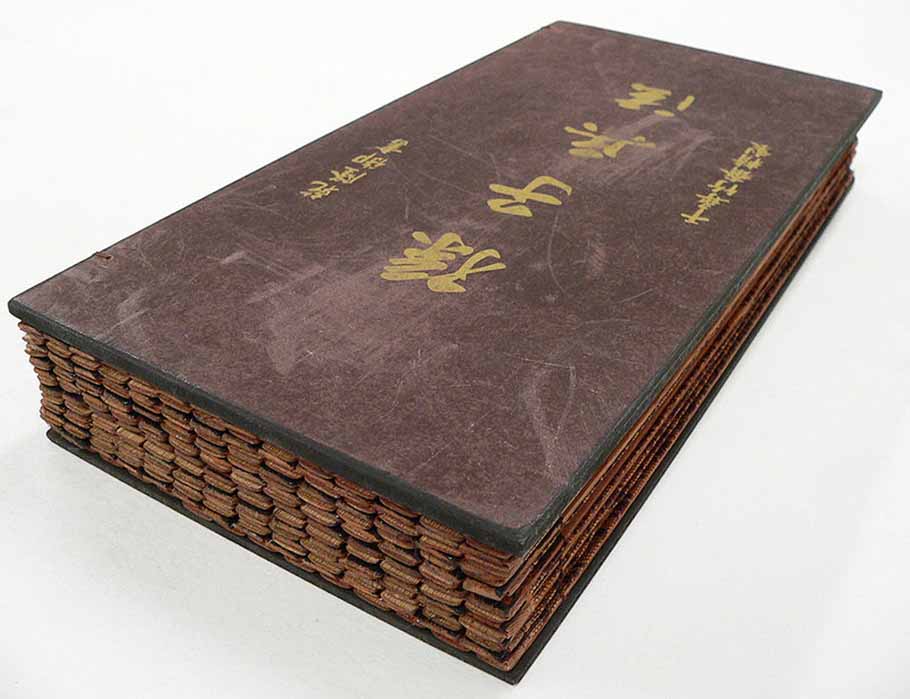
Guerrilla Warriors Who Overthrew History
Guerrilla warfare is a particular type of combat that is generally fought by trained civilians fighting for freedom from oppression and independence, rather than an official military unit. History is peppered with famous guerrilla warriors or guerrillas who rebelled against the organized militaries of existing governments and rival insurgent forces with the support of local populations. Guerrillas in history were all very familiar with terrains, and because they were usually fighting against larger military units they attacked quickly by way of ambushes and raids, or by sabotaging vulnerable targets, and then retreated immediately after, leaving the enemy in a chaotic spin.
The word “guerrilla” is used today by news media to describe rebels and insurgents fighting oppressive governments, but it has Spanish origins meaning "little war." The word was first used during the Napoleonic Peninsular War of 1808-1814 after the British enlisted Spanish and Portuguese guerrillas to fight the French army stationed on the Iberian Peninsula.

Guerrilla warfare during the Peninsular War, by Roque Gameiro, depicting a Portuguese guerrilla ambush against French forces (1917) (Public Domain)
The Emergence Of Guerrilla Warfare In Ancient China
During the sixth century BC in China, Sun Tzu - a general of the State of Wu towards the end of the Spring and Autumn Period (770–476 BC) - first proposed what are known today as ‘guerrilla-style’ tactics in his Bingfa (The Art of War), the earliest known treatise on military science and warfare. While Sun Tzu is generally considered the author of The Art of War it is argued that the classic work was more probably written during the earlier Warring States period (475–221 BC) when China was split into six or seven states that warred for territorial supremacy. The Art of War provided fifth-century BC Chinese rulers and military commanders a systematic guide to strategy and tactics with explanations and analysis of weapons and environmental conditions.
The author highlighted the importance of espionage and intelligence operatives and it details various battlefield maneuvers, stressing the importance of gathering accurate intelligence about the enemy forces’ plans. The creator of the classic text writes: “Know the enemy and know yourself, and you can fight a hundred battles with no danger of defeat.” According to a 1962-edition of The Western political quarterly the first guerrilla war occurred in 360 BC in China, when Emperor Huang was fighting the Mayn (Miao) race under Tsi Yao.

The Art of War’s focus on the relationship between politics and military policy heavily influenced Mao Zedong and the Chinese communists while fighting the Japanese and, later, the Chinese Nationalists. (CC BY-SA 2.0)
While guerrilla warfare was first recorded in China it was also applied by nomadic Scythians, Goths, Vandals and Huns in wars against the Persian Empire, the Roman Empire, and Alexander the Great. But as the Romans were defending against guerrillas in foreign territories, they also used guerrilla tactics in defense of the empire.
Guerrilla Tactics In Service Of Rome
Roman legions battled guerrilla barbarians across Europe who hid in forests and swamps and shot arrows into marching Roman infantry. While they were defending against a rain of arrows, the barbarian infantries slaughtered the Roman legionnaires in chaotic close-quarter mallees. However, the Romans returned the favor of using guerrilla warfare tactics against invading armies.




